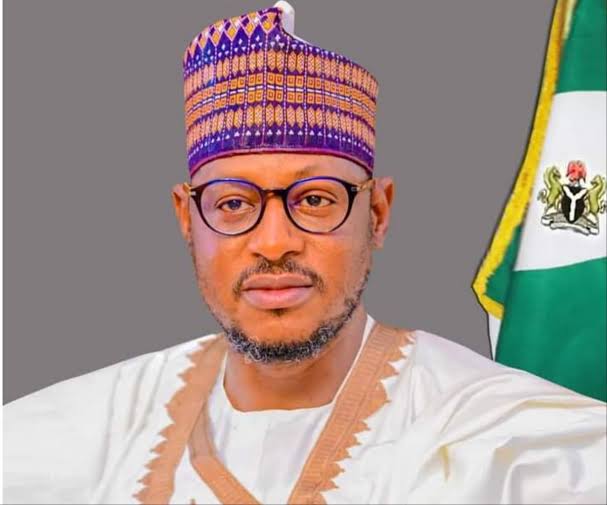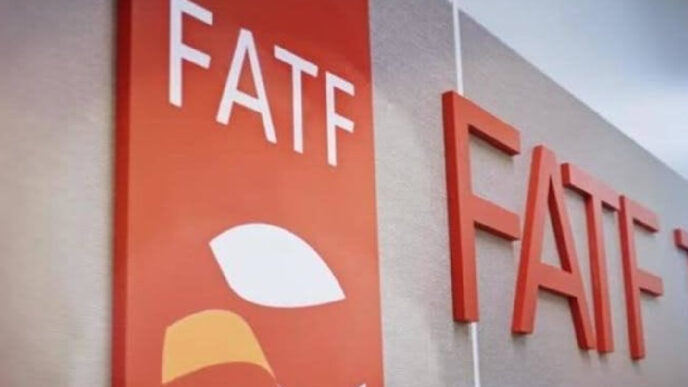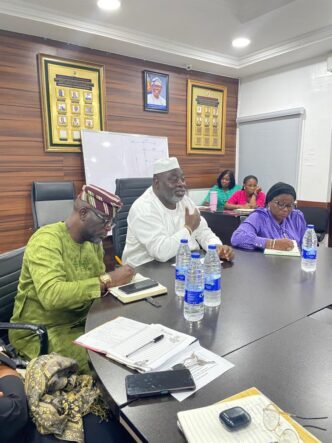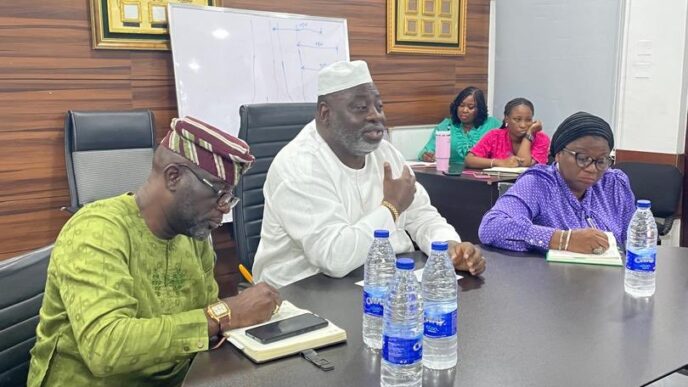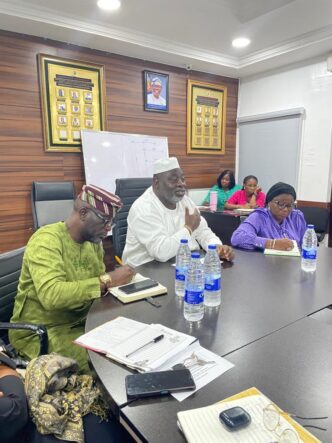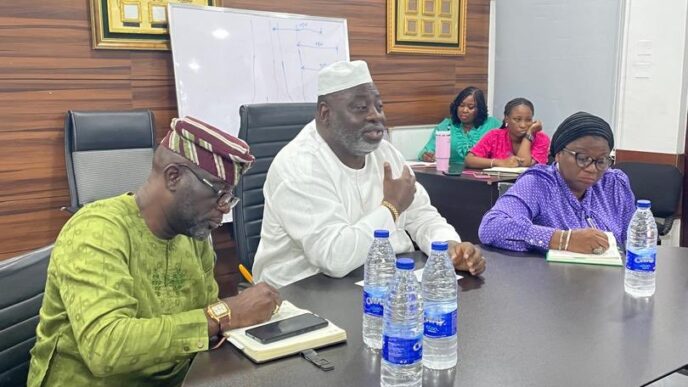Federal government has announced an increase in the national health insurance capitation fee from ₦750 to ₦1,450 per enrollee, as part of efforts to improve the quality and accessibility of healthcare services in the country.
Gatekeepers News reports that Ali Pate, the coordinating minister of health and social welfare, disclosed this in a statement on Saturday, explaining that the adjustment aligns with President Bola Tinubu’s Renewed Hope Agenda and Nigeria’s goal of achieving universal health coverage (UHC) by 2030.
Pate said the new rates were introduced to ensure that healthcare providers are adequately funded to deliver better and more reliable services.
He said, “For years, the capitation stood at ₦750 per person. We have doubled it to ₦1,450 to ensure providers are properly equipped to deliver consistent, high-quality care.”
“Fee-for-service rates have also been increased by 380 percent, based on actuarial evidence aligning cost-reflective rates with quality requirements.”
He explained that the fee-for-service component which reimburses hospitals based on the care provided, was also raised by 380 percent to reflect current operational costs and strengthen service standards.
According to the minister, more than 2.4 million Nigerians joined the health insurance scheme in 2024, bringing total enrolment to about 20 million. The government aims to expand coverage to 44 million people by 2030.
Since 2023, nearly 120,000 health workers have been trained, and over 2,500 doctors, nurses, midwives, and community health extension workers have been recruited to strengthen primary healthcare services. Additionally, about 4,000 personnel have joined federal tertiary hospitals to address workforce shortages.
Pete added, “Out-of-pocket payments still account for about 70 percent of health spending. Expanding insurance coverage is the surest way to reduce this burden.”
To improve efficiency in patient transfers, Pate announced the introduction of a one-hour referral authorisation code, designed to speed up referrals from primary to specialist healthcare facilities.
He further directed the National Health Insurance Authority (NHIA) to commence mystery shopping— a covert monitoring initiative—to ensure healthcare providers deliver proper services and do not deny treatment to enrollees.
The minister also noted that ongoing reforms under the Basic Health Care Provision Fund (BHCPF) and NHIA are already strengthening public confidence in the health insurance system and encouraging broader participation nationwide.



